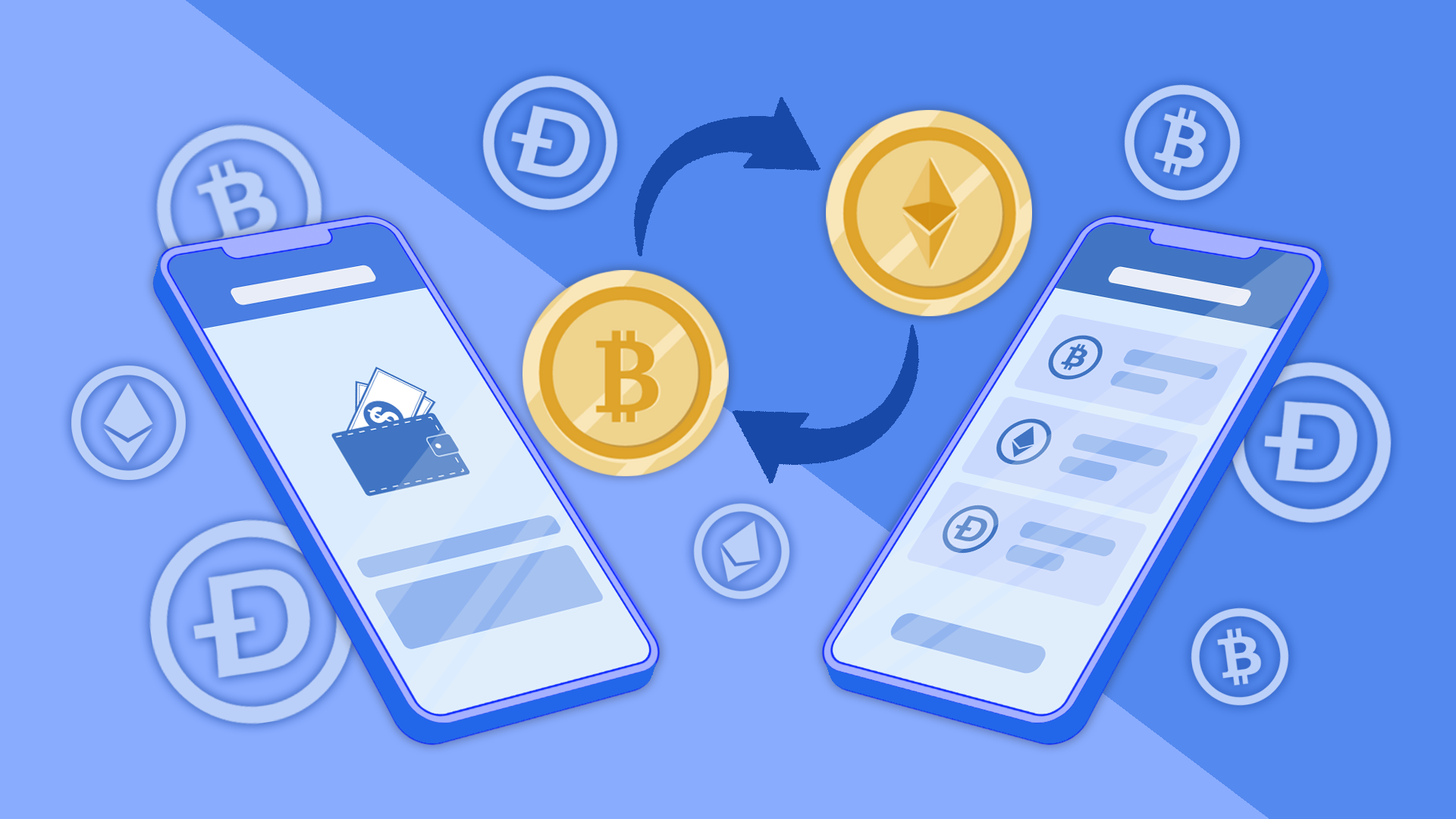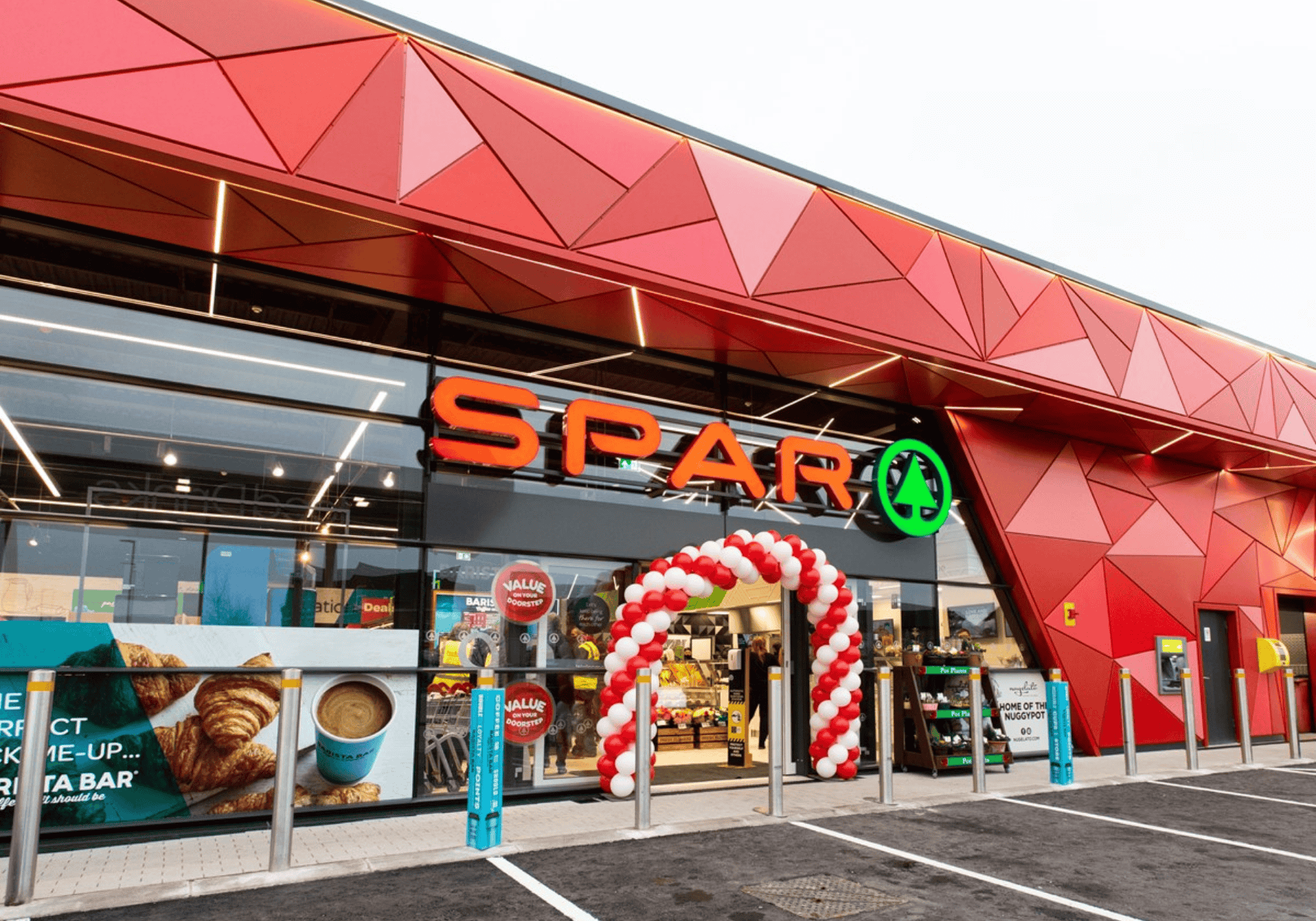In a landmark move for cryptocurrency adoption, a Spar supermarket in Zug, Switzerland, now Spar Supermarket Accepts Bitcoin payments at its checkout counters. Enabled by the Lightning Network, this initiative integrates Bitcoin into everyday retail, marking a significant milestone for blockchain technology. Announced on April 17, 2025, by DFX Swiss, a crypto payment solutions provider, this development highlights Switzerland’s progressive approach to digital currencies. This article explores how Spar Supermarket Accepts Bitcoin, its implications, and the future of crypto payments in retail.
How Spar Supermarket Accepts Bitcoin Payments

The Spar branch in Zug, part of a global supermarket chain with over 13,900 stores across 48 countries, has implemented Bitcoin payments using the OpenCryptoPay protocol, an open-source solution for direct crypto transactions. Customers can pay by scanning a QR code, sending satoshis (the smallest unit of Bitcoin), and receiving staff confirmation—a process described as “quick and easy” by Rahim Taghizadegan, Director of the Swiss Bitcoin Association. The Lightning Network, a Layer 2 solution, ensures fast, low-cost transactions, overcoming Bitcoin’s scalability challenges for retail use.
This initiative aligns with the BTC Map project, a community-driven effort to promote businesses accepting Bitcoin worldwide. Zug, known as “Crypto Valley” for its blockchain-friendly policies, is an ideal hub for such innovations. The city’s history of crypto adoption, including accepting Bitcoin and Ethereum for taxes since 2021, reinforces its role as a leader in digital finance.
Implications of Spar Accepting Bitcoin
When Spar Supermarket Accepts Bitcoin, it signals growing confidence in cryptocurrency as a practical payment method. Unlike speculative investments, this use case emphasizes Bitcoin’s utility in daily life, potentially encouraging other retailers to adopt similar systems. Switzerland’s blockchain-friendly environment, combined with its stable economy, positions it as a pioneer in crypto integration. The success of this pilot could inspire other Spar locations or competing chains to embrace Bitcoin, expanding its reach in retail.
For crypto enthusiasts, Spar accepts bitcoin demonstrates blockchain’s real-world potential. It also complements projects like $PEHE on the Layer 2 TON blockchain, which focus on improving scalability and accessibility in DeFi and dApps. However, challenges persist, including Bitcoin’s price volatility and the need for greater consumer education on crypto wallets.
Opportunities for Retail and Crypto
The move by Spar to accept Bitcoin opens opportunities for both retailers and the crypto industry. For Spar, integrating Bitcoin payments enhances its appeal to tech-savvy customers and aligns with Zug’s reputation as a crypto hub. Other retailers may follow, especially if customer demand for crypto payments grows. The Lightning Network’s efficiency makes Bitcoin a viable alternative to traditional payment systems, potentially reducing transaction costs for merchants.
For the crypto industry, Spar Supermarket Accepts Bitcoin validates blockchain technology as a practical solution for everyday commerce. This could drive further investment in Layer 2 solutions like the Lightning Network, improving scalability and user experience. Additionally, it may encourage developers to create more user-friendly crypto wallets, making Bitcoin payments accessible to a broader audience.
Challenges to Overcome

Despite the promise of Spar Supermarket Accepts Bitcoin, challenges remain. Bitcoin’s price volatility can deter consumers wary of fluctuating value. Retail staff and customers may require training to navigate crypto payments, particularly for those unfamiliar with QR codes or satoshis. Furthermore, regulatory scrutiny of crypto transactions could increase as adoption grows, requiring retailers to ensure compliance with local laws.
Spar and DFX Swiss must also address technical risks, such as potential network congestion on the Lightning Network during peak transaction periods. Ensuring a seamless payment experience will be critical to maintaining customer trust and encouraging repeat Bitcoin use.
Looking Ahead for Spar Supermarket Accepts Bitcoin
The Spar initiative in Zug is a promising step toward normalizing Bitcoin payments in retail. As blockchain technology evolves, solutions like the Lightning Network could make crypto transactions as seamless as credit card payments. For investors and crypto enthusiasts tracking cryptocurrency trends, Spar accepts bitcoin underscores the importance of monitoring adoption in progressive regions like Switzerland.
If successful, Spar’s experiment could inspire global retailers to embrace Bitcoin, bridging the gap between crypto and everyday commerce. The crypto industry should capitalize on this momentum by improving user education and infrastructure to support widespread adoption. Spar accepts bitcoin is not just a local milestone—it’s a glimpse into the future of digital payments.

